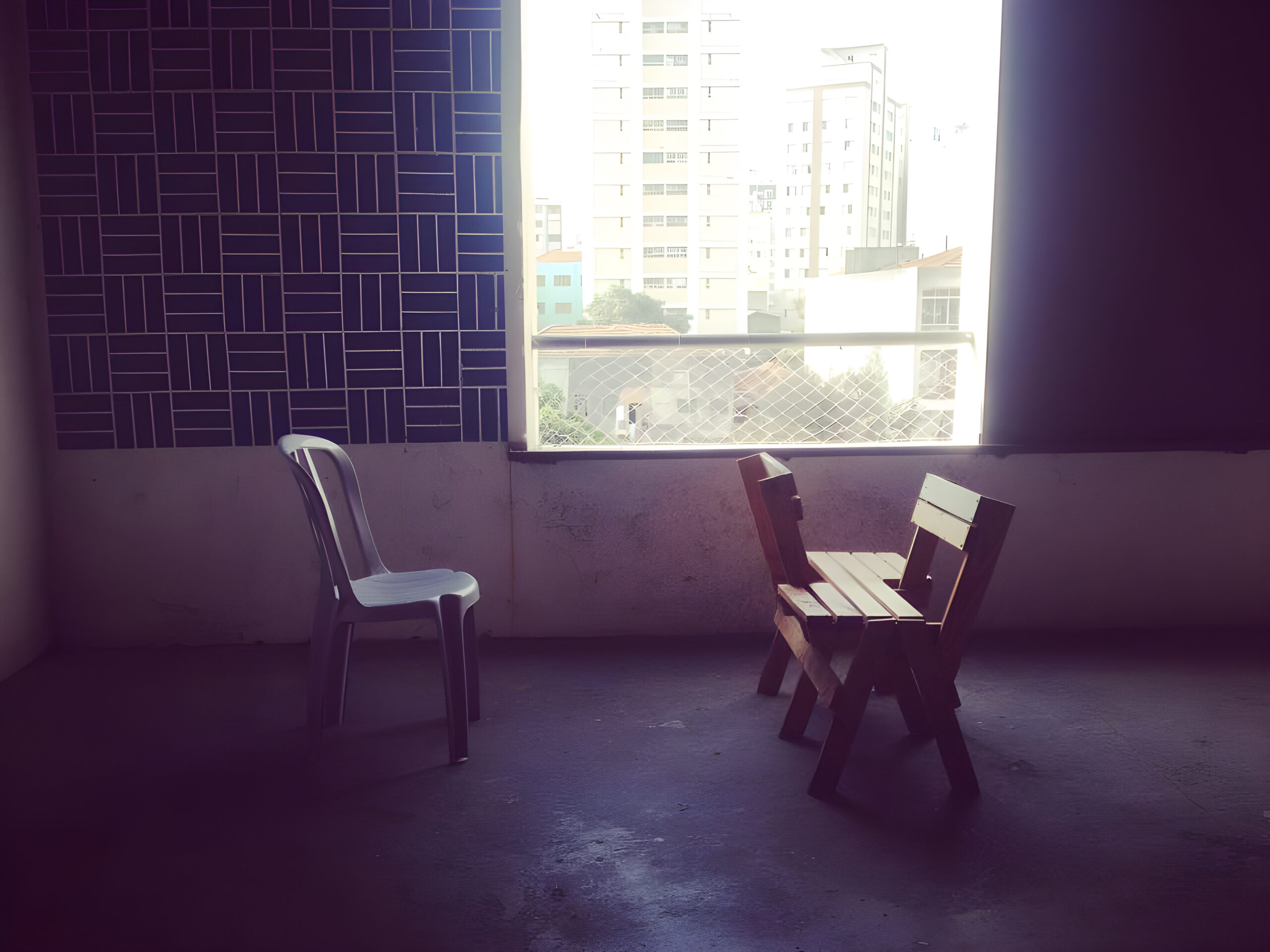
In 1918 Freud placed the free clinic at the heart of psychoanalytic thought and practice, and predicted that out-patient clinics would be started where treatment would be free.
His speech resonated with many psychoanalysts of his time, who were invested in the social mission of psychoanalysis and who were the authors of significant institutional innovations, setting up free and low-cost clinics in Vienna, Berlin and Budapest.
This conference starts from the premise that the more recent progressive histories of psychoanalysis remain little known among therapeutic practitioners. They are rarely written about in the professional literature or taught on trainings. Yet there is a rich tradition of psychoanalytic theory and practice which engages with the realities of social inequality based on class, gender, poverty, racism, and other forms of marginalisation. We aim to explore and recognise these socially-minded psychoanalytic practices, drawing on the experience of psychoanalysts working in free and low cost clinics in very different contexts, from Latin America, Africa, North America and Europe, through to the UK National Health Service. We ask what “psychoanalysis for the people” might mean in our times, more than 100 years after Freud’s famous speech.
Speakers: Joanna Ryan, Lisa Baraitser, Raluca Soreanu, Barry Watt, Geraldine Ryan, Christine Diercks, Daniel Gaztambide, Peter Nevins, Graham Music, Martin Moore, Emiliano de Camargo David
Keynote lecture: Tales Ab’Sáber (A Social Clinic as an Immanent Development of Psychoanalytic Theory: The Open Psychoanalysis Clinic)
This is the second of two conferences exploring socially engaged psychoanalytic practice. The first part took place on 16th and 17th January 2021
Organised by: Raluca Soreanu & Joanna Ryan
Supported by: The Waiting Times Project (Wellcome Trust, PIs Lisa Baraitser and Laura Salisbury) and Balint Groups Project (Wellcome Trust, PI Raluca Soreanu).
Visit the Freud Museum to book tickets and see the full conference programme and abstracts.

